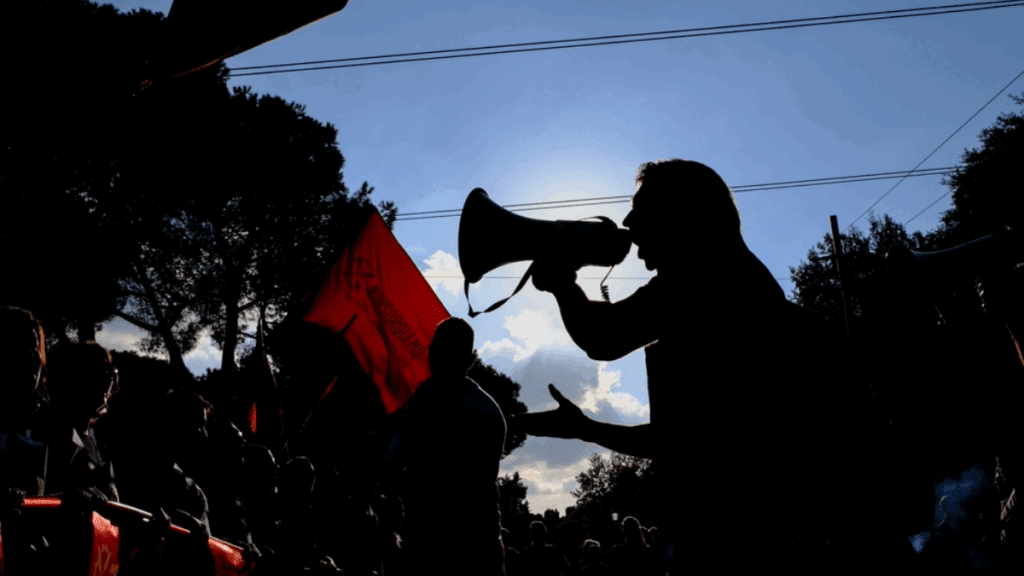William Burns’ article reflects on the decline of organized labor as a counterforce to the rising influence of oligarchy, especially in the tech sector. It begins with a nostalgic look at Enrico Berlinguer, Italy’s Communist leader, who represented a time when labor was a powerful political force. Currently, labor movements appear fragmented, and oligarchs thrive unchecked.
The narrative recalls the historical context of the Fiat automotive factory in Turin, where early automation met with both enthusiasm and pushback from labor, but ultimately led to layoffs and diminished worker power. The psychological decline of the labor movement during that era highlights a loss of confidence in collective action, which parallels the current challenges posed by technology.
As microelectronics advanced in the 1970s and 1980s, progressive thought diverged on their impacts. Some, like Berlinguer, saw potential for societal enrichment, while others recognized the technology as a means of control. Attempts at worker-led technological initiatives often failed against corporate interests.
In the face of the accelerating influence of digital technology, activists like David F. Noble argued for fighting against its integration into workplaces, framing it as a class struggle issue. This historical perspective raises concerns about the effectiveness of labor movements in addressing the power dynamics of technology.
Today, the prospect of establishing democratic control over technology is challenged by the lack of a unified labor movement. The article suggests that for labor to regain its strength, radical rethinking and innovative action are necessary to address the pressing challenges posed by oligarchy and the digital age. It emphasizes that resistance against Big Tech must be central to the broader struggle for social democracy, highlighting the critical role of organized labor as a necessary counterweight in combating inequality and maintaining democratic values.



